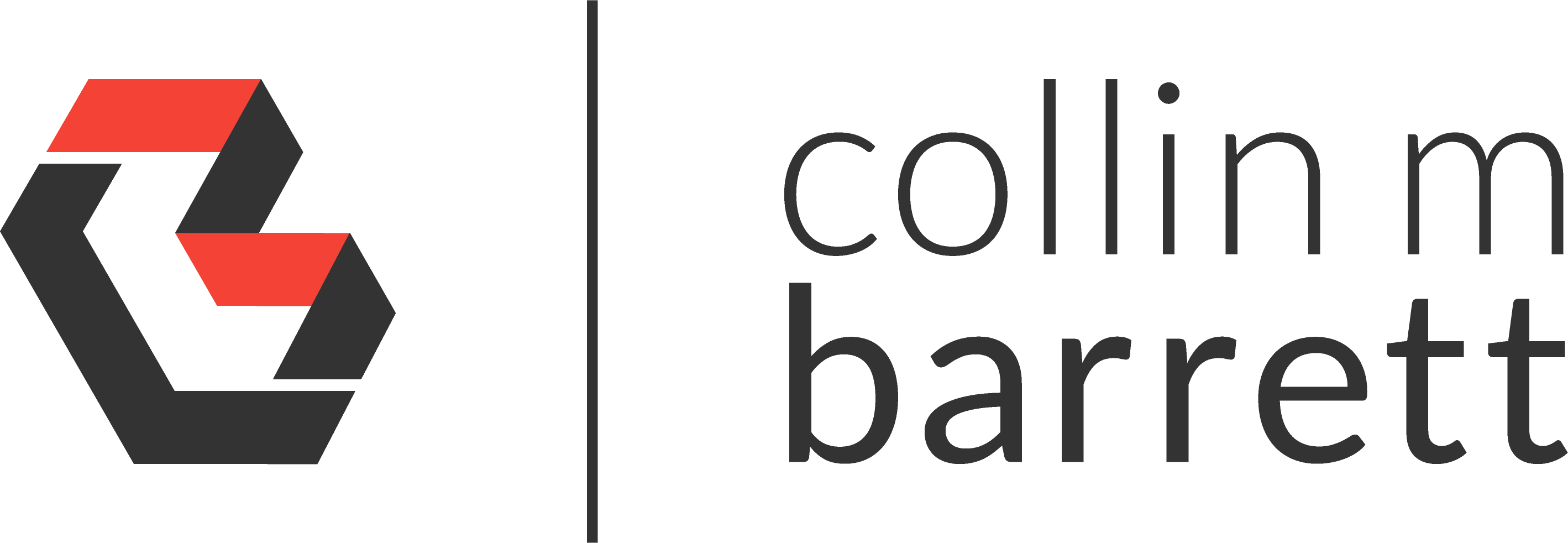
Decentraleyes: Block CDN Tracking
Disclaimer: I imported this post from WordPress to Jekyll on 9/2/23. Forgive the misformatting until I get a chance to clean it up.
The modern web uses countless reusable JavaScript, jQuery, and CSS libraries and frameworks to render our favorite sites and web apps. The progression of this modular design has increased production value while decreasing development cost; therefore, re-inventing the wheel takes place less and less. Many of these libraries are hosted on free CDNs such as Google Hosted Libraries, jQuery CDN, CDNJS, etc. to reduce the latency to client browsers. While it seems harmless and beneficial for services to speed up the web for free by serving files to billions of users, these CDN vendors then have the ability to track and profile end users. HTTP referer headers in conjunction with IP address tracking and browser fingerprinting can tell these CDNs and their potential advertising customers a lot about us. Our browsing habits could be analyzed, sold, and combined with other data for profit. Decentraleyes is a great tool that can help protect against this type of privacy invasion.
An Analogy
Let’s say that, for some reason, every time you make a purchase at a retail store, you had to report to a single universal organization to let them know who you are, where you are, and what you purchased. This team, in return, provides you with a convenient and virtually free payment protocol to use in any retail store that you want. That organization and their advertising partners then have the ability to profile your shopping habits to better market to you. They provide a (typically) free service to users, often even giving users little kickbacks for using them, in exchange for a lot of precious profile data. This organization is named “Visa,” and provides a decent analogy for the intrusion Decentraleyes is aiming to block.
How It Works
When a web browser makes a request for a common library from one of these CDNs to render any given site, Decentraleyes intercepts the request and serves the file from a local store. The concept is simple, but it provides a two-fold benefit. CDN vendors are unable to track users’ habits across the web, and browsing speed and bandwidth use are slightly optimized because this data is already on the local computer.
One of my most used browser bookmarks, Weather Underground, requires 16 such resources from CDNs. After installing Decentraleyes, all of these files are served from the local plugin store rather than from the CDN providers. While 50kB here and 100kB there may not seem like much, this tool will substantially reduce data usage over time on metered data connections.
Give It a Shot
Decentraleyes is currently only available for Firefox (Desktop and Android). Install it from the add-on repository (link below), and you should be good to go. You can configure a few options in the add-on preferences pane. For the most privacy conscious, there is a checkbox to “block requests for missing resources” which prevents the browser from ever loading such libraries from a CDN, even if Decentraleyes does not have it stored locally. For most users, leaking this bit of privacy is worth it to be still able to use non-broken websites. I have been testing the plugin on Mac, Windows, and Android for over 24 hours, loading over 1,000 instances of libraries from the plugin’s store and have been very pleased. Shout out to Thomas for the excellent plugin.